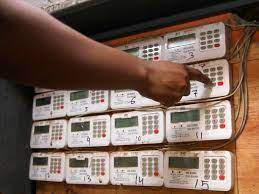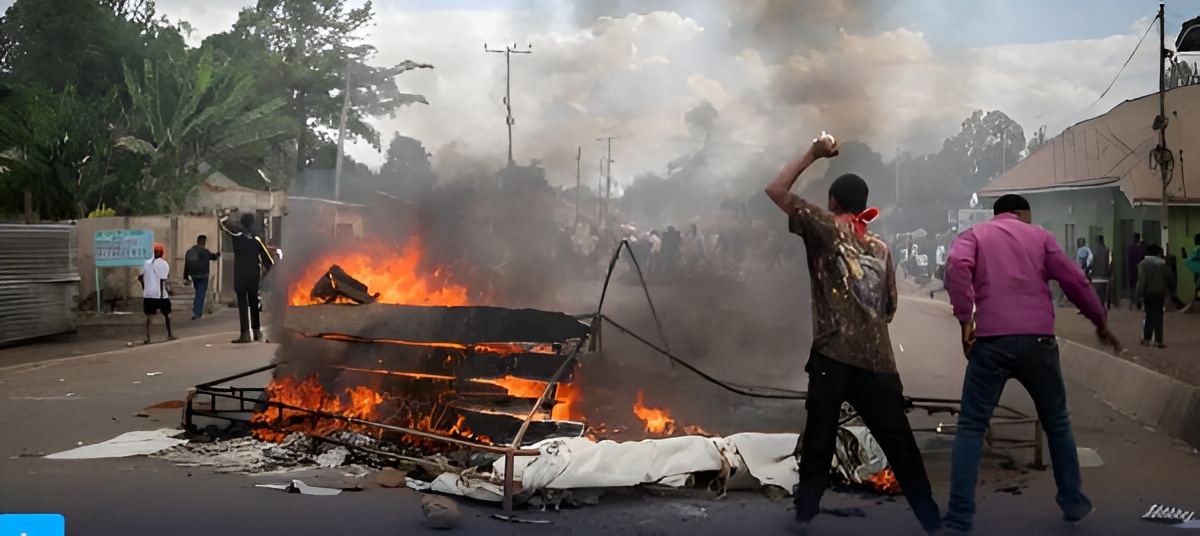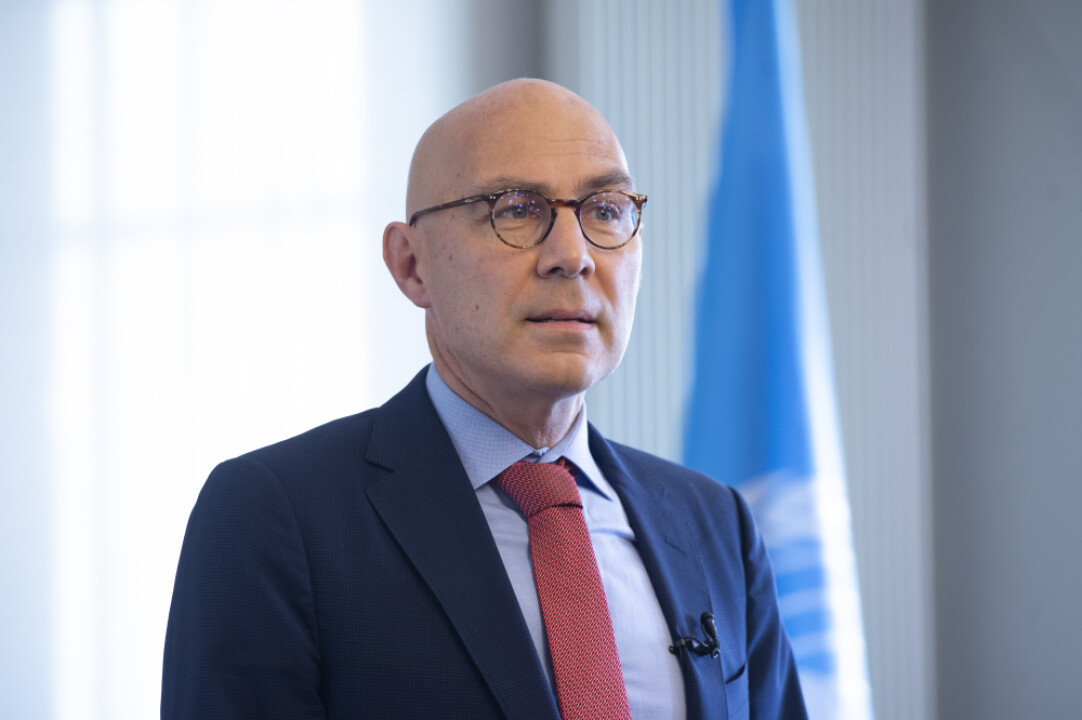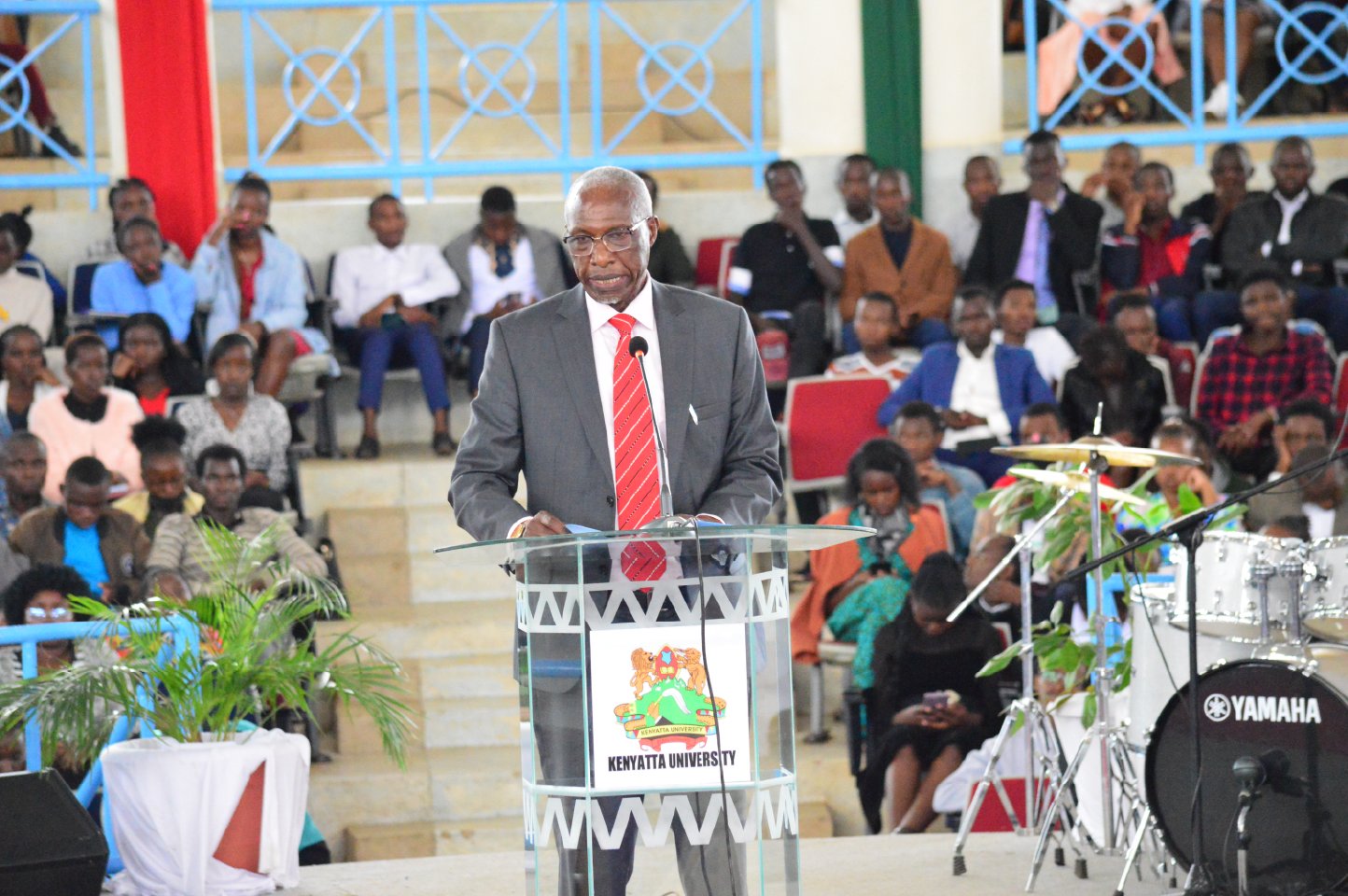Prepaid power for rural folks: Mixed reactions from Eastleigh residents

Kenya Power's plan to switch all rural customers to prepaid meters within three years has Eastleigh residents buzzing with mixed emotions. While some cheer the move, others voice anxieties about affordability and practicality, especially for their kin back in the village.
Kenya Power's plan to switch all rural customers to prepaid meters within three years has Eastleigh residents buzzing with mixed emotions. While some cheer the move, others voice anxieties about affordability and practicality, especially for their kin back in the village.
Weboko Jared, an Eastleigh boda boda rider, is all smiles. "My mama back in Kakamega won't be in a fix anymore!" he exclaims. "She can buy tokens for what she needs, no more bill worries or stress." Weboko believes prepaid meters will be a blessing for older folks in rural areas who often grapple with unpredictable bills.
More To Read
- State agencies, counties owe Kenya Power Sh4.67 billion in unpaid bills - Auditor General
- Kenya Power ends manual applications, new connection requests exclusively via website
- Over 16,000 in the dark as Kenya Power struggles to procure essential meters, transformers
- 122 electrocuted as illegal connections, encroachment rise - Kenya Power
- County governments owe Kenya Power Sh5.67 billion in unpaid electricity bills - report
- How community initiative is reviving Eastleigh’s cricket legacy
Another Eastleigh resident, Abdi Hassan, a taxi driver, readily takes my call. "From the usual spot?" he asks before I even introduce myself. When I mention the planned shift to prepaid meters, he says, "Ask away, friend." Abdi echoes Weboko's view, seeing the potential benefits for his family in Garissa. "They finally have electricity," he shares, "but those high bills were a worry. Now, with tokens, they can control their usage and avoid hefty charges." Like Weboko, Abdi hopes prepaid meters will encourage responsible consumption and empower rural communities with more control over their electricity expenses.
However, not everyone shares the optimism. Mary Atieno, who works as a hair dresser, is concerned about affordability. "My mother-in-law in Busia is a widow on a fixed income," she explains. "How will she manage if the tokens run out, especially at night?" Mary worries about vulnerable individuals who might struggle with regular top-ups, fearing potential blackouts and added stress.
These concerns resonate across the board, with some questioning the logistics of purchasing tokens in remote locations. "Will there be enough agents?" asks Zayan Atif, a truck driver. "What if the network goes down when you need a top-up?" he ponders, highlighting potential access issues in areas with limited infrastructure.
Top Stories Today














































